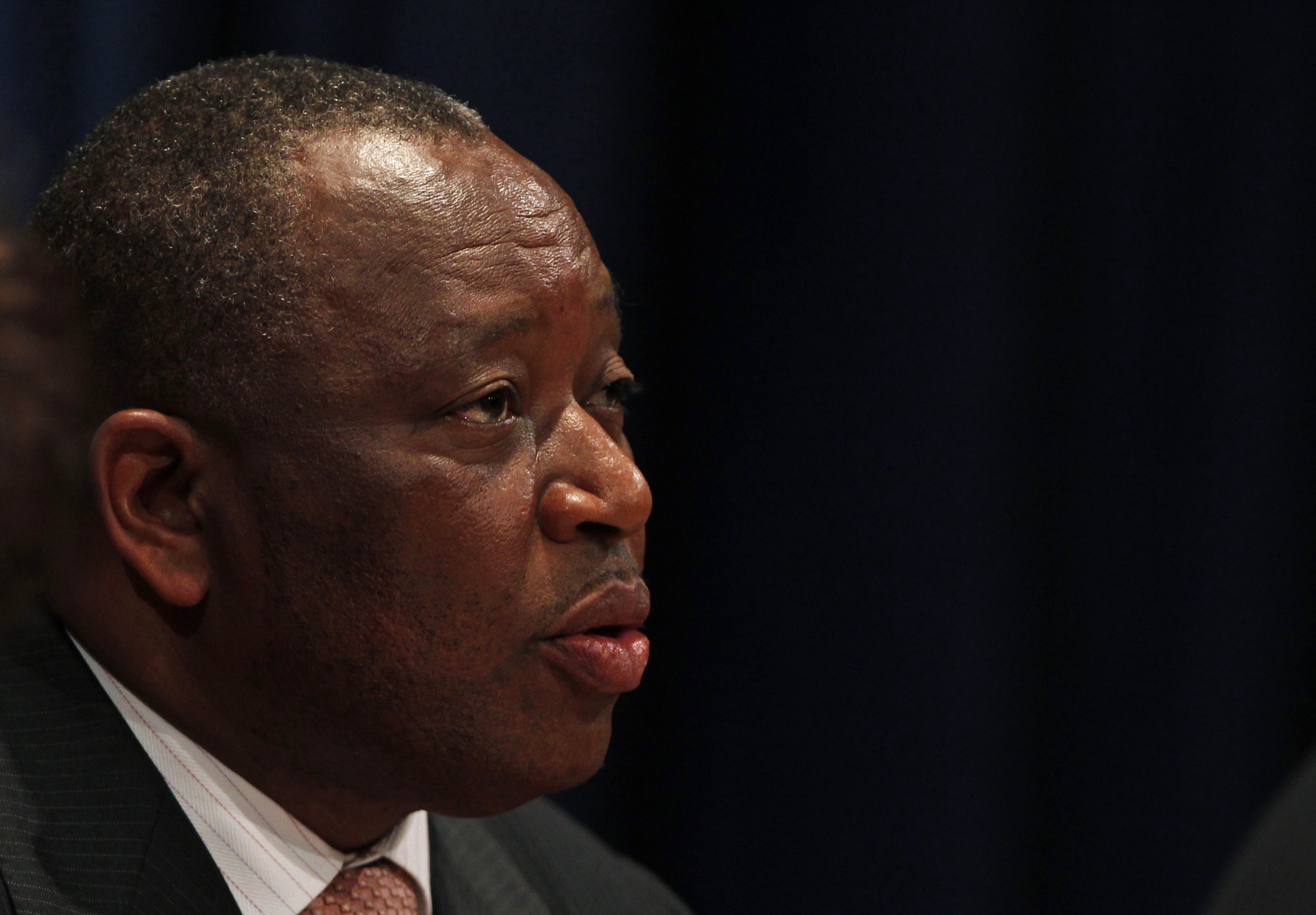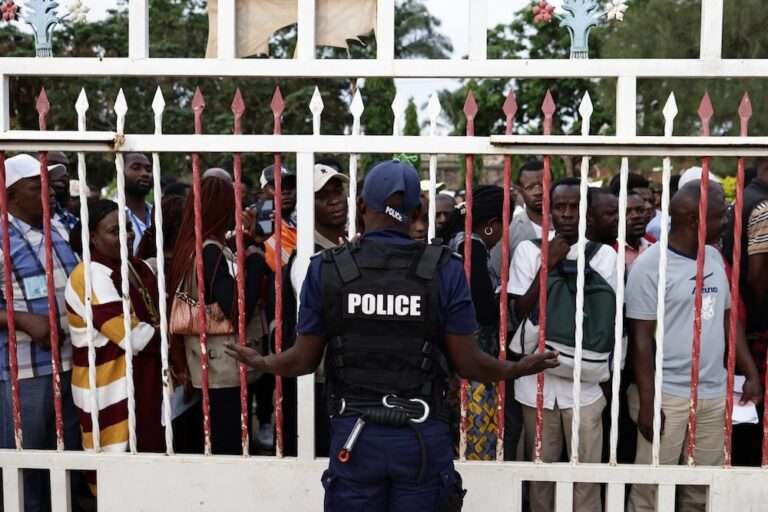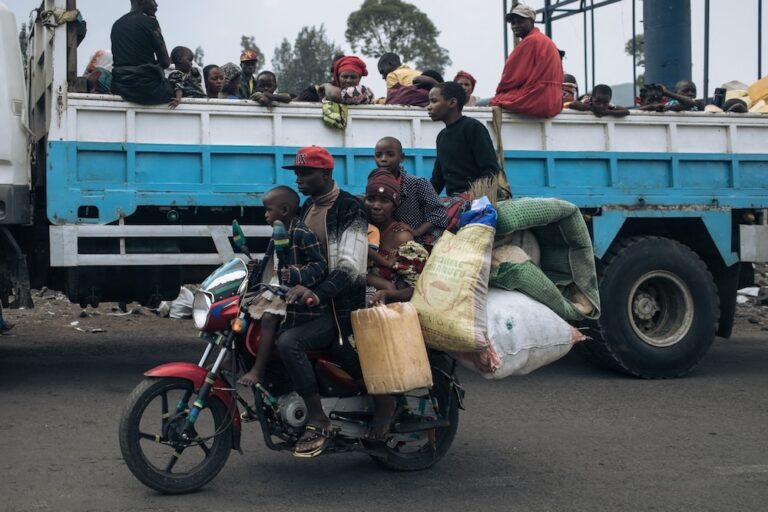The Democratic Republic of Congo’s Justice Minister Alexis Thambwe announced at a press conference on Friday that some of the country’s political prisoners would be released. He also said bans on two media outlets close to the opposition would be lifted as part of an effort to ease political tensions.
This statement was originally published on hrw.org on 19 August 2016.
The Democratic Republic of Congo’s Justice Minister Alexis Thambwe announced at a press conference on Friday that some of the country’s political prisoners would be released. He also said bans on two media outlets close to the opposition would be lifted as part of an effort to ease political tensions.
The list of prisoners includes activists Christopher Ngoyi, Fred Bauma, Yves Makwambala, and Jean-Marie Kalonji, as well as about 20 others who were released weeks or months earlier.
The government arrested scores of activists and opposition party leaders and supporters since January 2015, after they spoke out against attempts to extend President Joseph Kabila’s presidency beyond the constitutionally mandated two-term limit, which ends on December 19, 2016. Others were arrested after participating in peaceful demonstrations or other political activities.
Ngoyi was arrested on January 21, 2015, after he helped mobilize demonstrations against proposed changes to the electoral law. He was held secretly at the national intelligence agency without charge and without access to his family or lawyers for 20 days, before being transferred to Kinshasa’s central prison.
Bauma, a member of the citizens’ movement Lutte pour le Changement (LUCHA), and Makwambala, a webmaster, were arrested with over two dozen others during a March 2015 workshop in Kinshasa to launch Filimbi, a pro-democracy youth platform. The national intelligence agency held them for 50 and 40 days, respectively, before transferring them to Kinshasa’s central prison.
Kalonji, coordinator of the pro-democracy movement Quatrième Voix, was arrested on December 15, 2015, and detained by the intelligence agency for 132 days without charge or access to his family and lawyer before being transferred to Kinshasa’s central prison.
The government put all four activists on trial on trumped-up charges in an apparent politically motivated drive to silence dissent.
The announcement of their release, which comes the day after Kabila met with members of LUCHA in the eastern city of Goma, is a step in the right direction. It indicates a recognition by the Congolese government that the LUCHA and Filimbi youth movements are not “terrorist” organizations plotting “subversive activities,” as some officials have claimed.
But the government needs to do much more. Others held for political reasons remain in detention, including Bienvenu Matumo and Marc Héritier Kapitene from LUCHA, Jean de Dieu Kilima from Filimbi, opposition leader Jean-Claude Muyambo, opposition party member Victor Tesongo, and a number of associates of Moise Katumbi, the former governor of Katanga province who defected from Kabila’s party last September to join the opposition.
Congolese authorities should free all political prisoners and drop all charges against opposition figures and activists who have been targeted because of their political views or peaceful protests. They should also hold accountable those responsible for illegal and arbitrary detentions and political interference in the judicial system.



